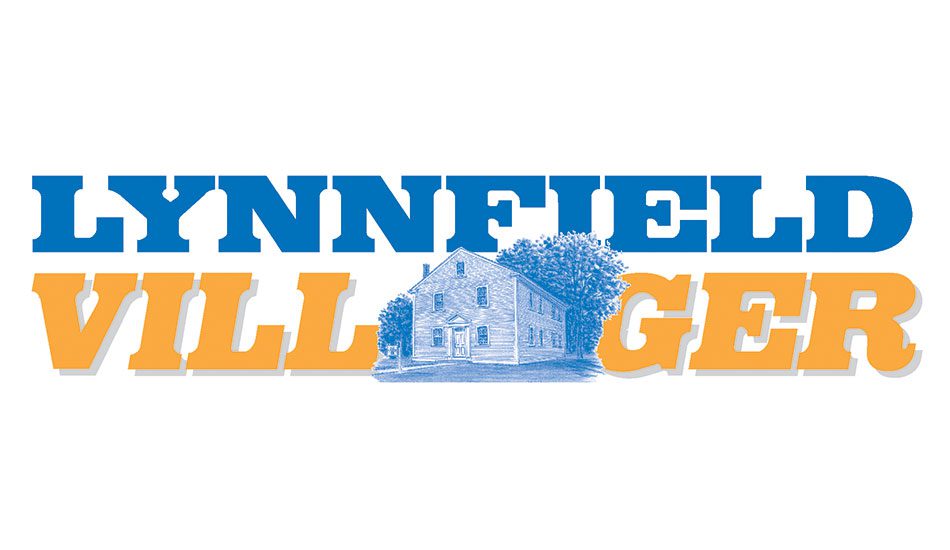One opportunity.
That is what Fall Town Meeting will have with complying with a state-mandated multifamily zoning law on Wednesday, Nov. 13 at 7 p.m. in the Lynnfield Middle School auditorium. Article 4 will request Fall Town Meeting to approve an amendment to the Zoning Bylaw that seeks to comply with the MBTA Communities law, also known as Section 3A.
We encourage Fall Town Meeting to approve Article 4 because the risk of not complying with the state-mandated multifamily zoning law, as Select Board Chair Dick Dalton stated last week, has “grave consequences.”
Former Gov. Charlie Baker signed an economic development bill into law in February 2021 that amended the Zoning Act by requiring MBTA Communities to have at least one zoning district of reasonable size in which multifamily housing is permitted as of right. While the town does not have an MBTA station, the law classifies Lynnfield as an “MBTA adjacent community” because the town borders municipalities with MBTA stations such as Lynn, Reading and Wakefield.
Lynnfield, which is currently classified as being in “interim compliance,” is facing a Dec. 31 deadline to adopt a multifamily zoning district in order to comply with the MBTA Communities law.
The MBTA Zoning Committee selected three overlay zoning subdistricts that will be brought to Fall Town Meeting on Wednesday, Nov. 13. The Massachusetts Executive Office of Housing and Livable Communities defines an overlay district as “a type of land use zoning district that lies on top of the existing zoning and potentially covers many underlying districts or portions thereof.”
Three of the proposed locations that would have overlay districts placed on them are MarketStreet Apartments, Michael’s Landing and Lynnfield Commons because those apartment complexes already exist. There are 200 units at Lynnfield Commons, 180 units at MarketStreet Apartments and 68 units at Michael’s Landing. The MarketStreet Apartments component of the plan will only apply to the existing apartment complex and not the entire outdoor mall.
Four other parcels located on an existing Herb Chambers dealership property and one parcel on a Kelly Automotive dealership property on Route 1 North are included as part of the Lynnfield Commons overlay subdistrict.
“By taking advantage of these three already built apartment buildings, we are left with a possible 149 new units,” said Planning Board/MBTA Zoning Committee Chair Page Wilkins during a recent meeting. “Nothing has to be built. It is just a zoning change.”
The MBTA Communities law has become incredibly controversial around the state. Attorney General Andrea Campbell sued the town of Milton and its building commissioner last February shortly after voters approved a referendum put forward by residents worried about the potential for excess development under the zoning reform plan that Milton Town Meeting initially approved last year. The Supreme Judicial Court heard the case last month and is expected to make a ruling sometime this winter.
While discussing the case, Justice Scott Kafker noted that, “Towns can’t vote not to comply with state laws.”
If Fall Town Meeting rejects Article 4, the town will be at risk of losing a number of state grants for not complying with Section 3A. Town Administrator Rob Dolan said during a Select Board meeting this summer that Lynnfield has received $3.2 million in state grants the last several years. Many of these grants have been used to make infrastructure improvements. The town was recently awarded $499,000 Massachusetts Department of Transportation Complete Streets grant that will be used to overhaul the Summer and Salem streets intersection.
Dolan said the town has received other grants, including a $1,638,750 Municipal Vulnerability Preparedness (MVP) grant that was used to help fund the purchase of Lynnfield Woodlot, formerly known as Richardson Green, on upper Main Street a couple of years ago.
The town would not have been able to purchase Lynnfield Woodlot or make other infrastructure improvements without these state grants.
Additionally, the state will most likely sue the town if Lynnfield is not in compliance with the MBTA Communities law. The town has fought a similar battle before and lost. If history repeats, the town will lose again.
December will mark the four-year anniversary of when The Land Court overturned the Zoning Board of Appeals’ decision regarding the 23-unit Bali Hai apartment building, now known as The Arthur. While two out of three ZBA members approved the developers’ application for a Special Permit, a former member voted no. State law requires three-member ZBAs such as Lynnfield’s to unanimously approve requests for zoning relief such as Special Permits or variances.
Justice Robert Foster noted in a 32-page decision that the ZBA’s argument that Lynnfield could not afford to educate the children living in the apartment building was unconstitutional because it violated the Massachusetts Constitution’s education clause.
“Denial of a Special Permit on the grounds that increased tax revenue would not support the education of the children living therein is tantamount to conditioning the availability of public services on the ability of the residents to pay for them, which I find to be unreasonable and arbitrary,” Foster stated.
The Bali Hai apartment building case was a notable court ruling because cities and towns have long claimed they cannot afford to educate children living in apartments. That argument, in our view, is classist and discriminatory in addition to being illegal and unconstitutional. Renters are taxpayers too.
It’s important to note that the State Legislature approved and Baker signed Section 3A into law three years ago in order to address the state’s housing crisis. While we are not exactly fans of the MBTA Communities Law because it makes no sense for developers to construct luxury apartments that working people can’t afford, it can be used as a tool in the housing crisis fight. If this crisis does not get solved sooner than later and wages continue to remain flat, Lynnfield children and kids across the state will never be able to afford to move out of their parents’ houses. There are people in their 20s and 30s in this community and beyond who still live with their folks for that reason.
Planning Board Vice Chair Kate Flaws and Planning Board member Brian Charville both deserve kudos for publicly acknowledging the state has an affordable housing crisis that needs to be addressed. We wish other local officials acknowledged that problem during the MBTA zoning debate, but that is an issue for another day.
The ZBA laid an egg by violating the state constitution and state law with the Bali Hai apartment building decision six years ago. It is our hope that Fall Town Meeting doesn’t make the same mistake by voting against complying with the MBTA Communities law.
Townspeople can avoid that mistake by voting “Yes” on Article 4.
— Reporting from the State House News Service was used in this editorial.





